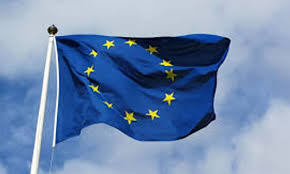News Flash

BRUSSELS, Belgium, July 18, 2025 (BSS/AFP) - The digital travel permit for foreigners to enter the European Union should cost 20 euros ($23), almost triple the original planned fee, under a proposal published Friday.
The adjustment to the yet-to-be implemented ETIAS scheme for visa-exempt nationals comes as the European Commission seeks to boost its financial resources to fund an array of priorities from defence to agriculture.
The change reflects inflation and additional operational costs, the commission said.
"It will also bring the cost for a travel authorisation to the EU in line with similar travel authorisation programmes," the EU's top executive body said.
Adopted in 2018, the European Travel Information and Authorisation System (ETIAS) regulation originally envisaged a fee of seven euros.
Britain's equivalent, known as ETA, comes with a 16 pound fee ($21), while the United States' ESTA permit costs $21.
Obtainable online, the European Union's ETIAS permit will be required for the bloc's 27 countries with the exception of Ireland, as well as for Norway, Iceland, Switzerland and Liechtenstein.
The permit, valid for three years, will be required for non-EU nationals from countries whose citizens do not need a visa for short stays in Europe, such as Canada, Britain and the United States.
Those aged under 18 or over 70 years will be exempt from the fee.
Brussels said the scheme was created to identify security, irregular migration and other risks as well as to facilitate border crossing for regular travellers.
But its implementation, which was supposed to go hand-in-hand with a new automated border check system, has suffered from delays.
The European Parliament and member states have two months to review the new 20-euro fee, which will enter into effect as soon as ETIAS becomes operational -- now expected for the last quarter of 2026.
This week the commission proposed a boosted two-trillion-euro long-term budget for 2028-2034, which has already upset some of the EU countries that will have to chip in most of the money.
As part of the blueprint, which is subject to negotiation, Brussels said it will seek to raise about 58 billion euros a year collecting money directly through measures like its carbon border tax and a levy on electronic waste.